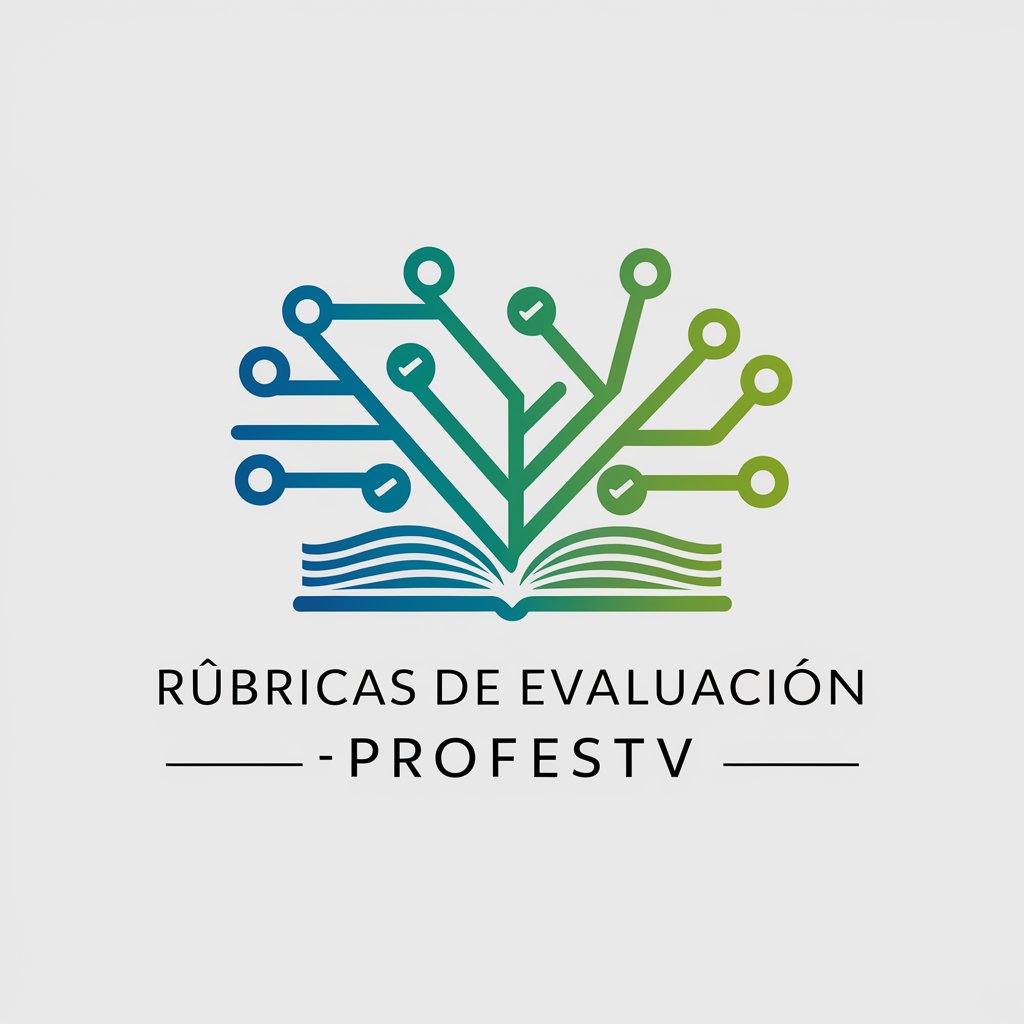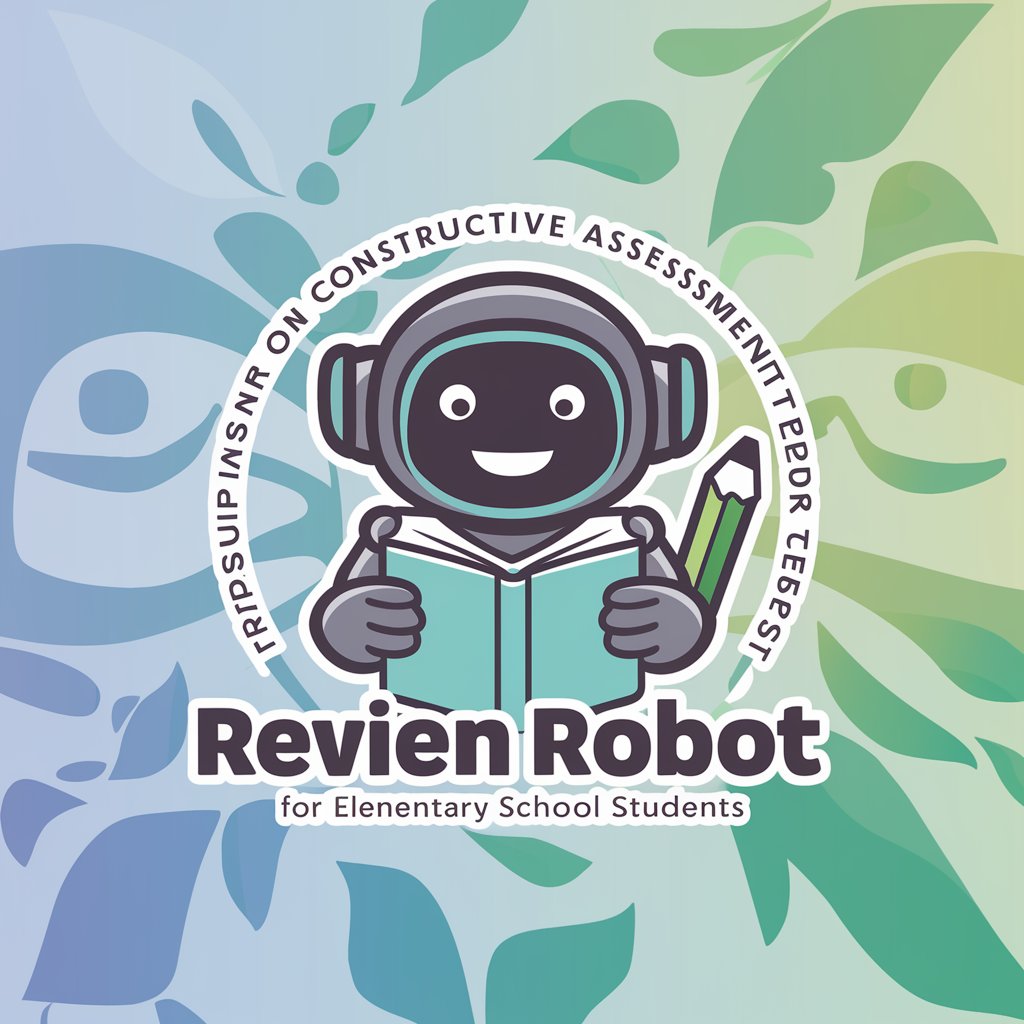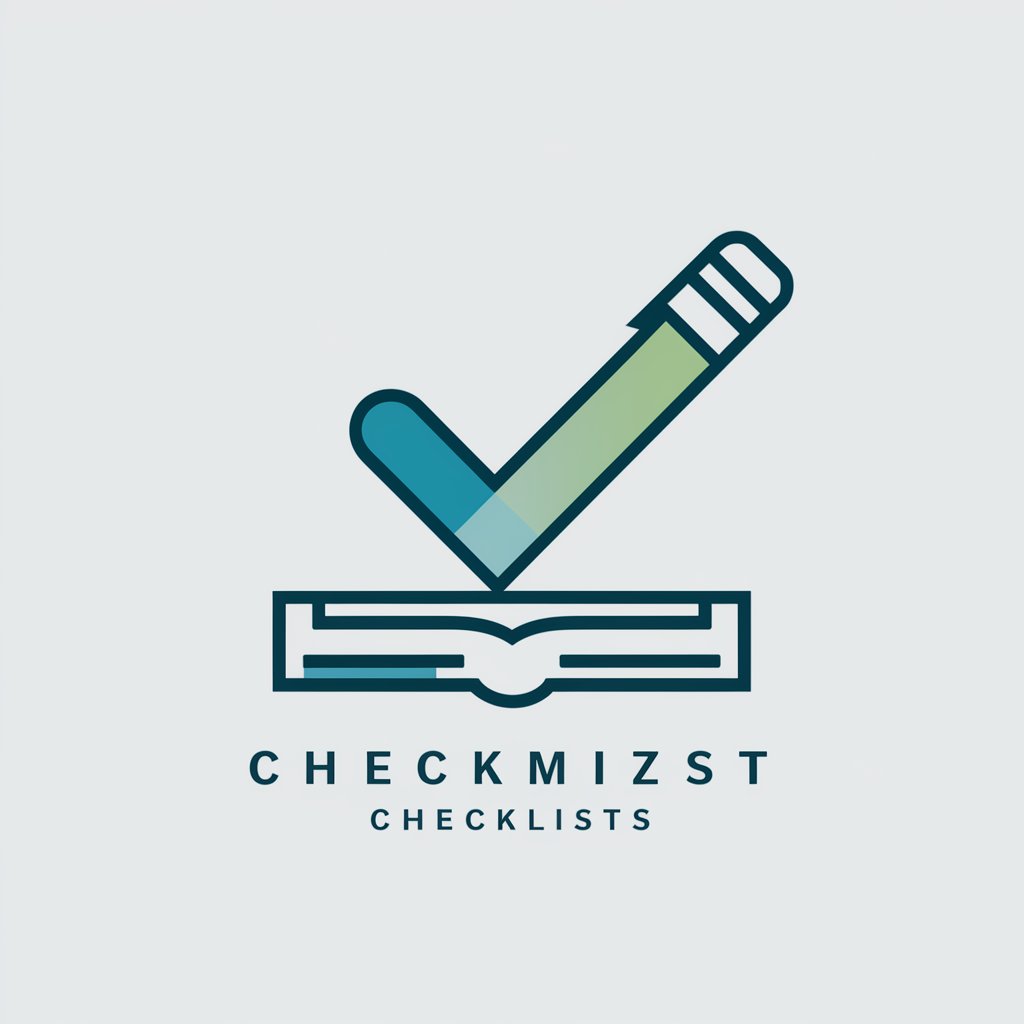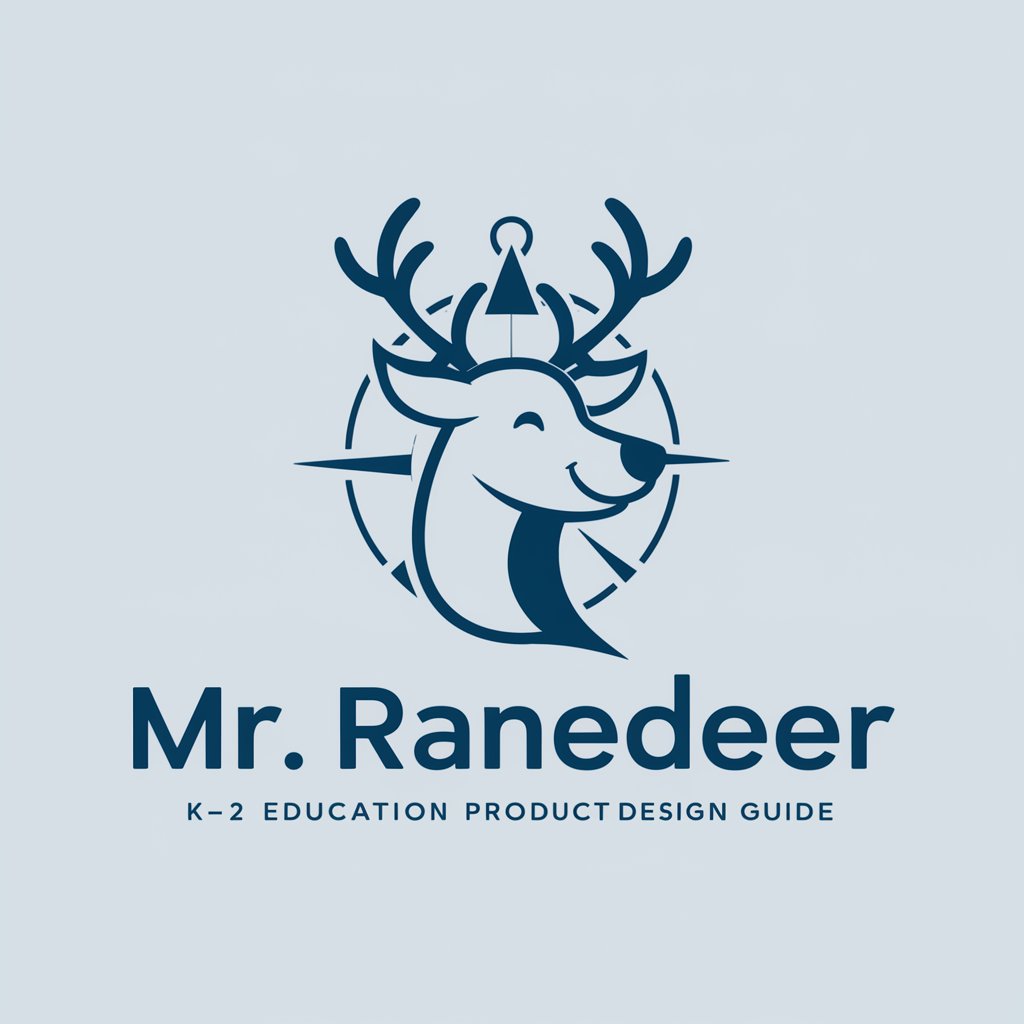
课堂观察量表设计 - Classroom Insight Tool

Welcome to 课堂观察量表设计, your expert guide in optimizing classroom observation.
Unveil the essence of teaching through observation.
Explain the importance of classroom observation in improving teaching quality.
Describe the key components of an effective classroom observation checklist.
Discuss the benefits of using detailed observation metrics in education.
Analyze how classroom observation tools can enhance student engagement.
Get Embed Code
Introduction to 课堂观察量表设计
The 课堂观察量表设计 (Classroom Observation Scale Design) is an expert system designed for observing and evaluating classroom teaching activities. Its primary purpose is to bridge the gap between classroom teaching practices and academic research. Through effective classroom observation, it plays a pivotal role in promoting teachers' professional development, implementing core literacy of subjects, and refining the teaching evaluation system. It offers direction for research and development in teaching methodologies, especially in the context of high school political education subjects【16†source】. Powered by ChatGPT-4o。

Main Functions of 课堂观察量表设计
Designing Observation Dimensions
Example
Before observing a class, teachers define their observation goals and content based on subject-oriented guidance. They use various tools, like observation sheets, to collect significant information from the teaching context. This preparation involves understanding every teacher's perception of the teaching content and the cognition of teaching and learning【16†source】.
Scenario
A political education subject teacher preparing for a classroom observation by setting clear goals and content to focus on, utilizing the 'telescope' of classroom observation to optimize teaching processes and improve efficiency.
Analyzing and Optimizing Classroom Teaching
Example
After the class, the observing teachers analyze and summarize their observations, identifying issues in the teaching process. They provide feedback for constructing a teaching-consistent classroom environment【16†source】.
Scenario
A teacher uses the observations from a classroom session to analyze the teaching methods and student engagement. They then discuss their findings with the teaching staff to enhance teaching strategies and student learning outcomes.
Promoting Professional Development
Example
Effective classroom observation helps in identifying areas for teacher training and professional growth. By focusing on key behaviors, subject tasks, evaluation situations, and subject content, it offers a comprehensive framework for teacher development【16†source】.
Scenario
Teachers regularly participating in classroom observations to gather insights on teaching practices and student interactions. These observations are then used in professional development workshops to address areas of improvement.
Ideal Users of 课堂观察量表设计
Teachers and Educators
Teachers, especially those in high school political education, can use the system to observe and analyze classroom activities. It aids them in improving their teaching methodologies and understanding student behaviors and learning patterns more effectively【16†source】.
Educational Researchers
Researchers focused on educational methodologies and classroom dynamics can utilize the system to collect data, analyze teaching practices, and develop new theories on effective teaching and learning 【14†source】.
School Administrators
School leaders and administrators can use the system to oversee and evaluate teaching quality and effectiveness across classrooms. It supports them in making informed decisions about curriculum development, teacher training, and resource allocation【15†source】.

How to Use Classroom Observation Scale Design
Start Your Journey
To begin with Classroom Observation Scale Design, head over to yeschat.ai to sign up for a free trial without needing a ChatGPT Plus subscription or logging in.
Understand the Framework
Familiarize yourself with the Classroom Observation Framework by studying the 'LICC Paradigm', which includes Learning, Instruction, Curriculum, and Culture as the primary observation dimensions【15†source】.
Utilize Observation Tools
Employ classroom observation tools effectively, focusing on key behaviors, academic tasks, evaluation contexts, and subject content for comprehensive analysis【16†source】.
Analyze and Adjust
Analyze the observation data to identify areas for improvement and adjust teaching methods accordingly to enhance the alignment between teaching and evaluation【16†source】.
Reflect and Share
Reflect on the findings from the classroom observation, share insights with colleagues to foster a collaborative environment for professional development【16†source】.
Try other advanced and practical GPTs
翻转课堂助教
Empowering educators with AI-driven flipped classroom designs.

在线课堂 Edu Tutor
Empowering Learning with AI

子ども食堂ITアドバイザー
Empowering children's cafeterias with AI-driven IT solutions.

課堂小幫手
Empowering educators with AI-driven materials.

傳說對決帳號價值評估器
Maximize your gaming investment with AI-powered valuations.

需求与评估专家
Transforming project planning with AI

创意天堂
Empowering creativity with AI

礼堂王
瑞克五代

生活感悟(奇思怪想、随心所欲)
Navigate life with virtue-driven AI wisdom

「ほめてクレオパトラ」
Elevate spirits with AI-powered praise

5000兆円欲しい野郎ジェネレーター
Bring your yen demands to life visually

SEO Article Wizard
Elevate Your SEO Game with AI

Detailed Q&A about Classroom Observation Scale Design
What is the main purpose of the Classroom Observation Scale Design?
The primary purpose is to bridge classroom teaching practices with academic research, aiding in the professional development of teachers, the implementation of core competencies, and the improvement of the teaching evaluation system【16†source】.
How does Classroom Observation Scale Design impact teaching?
It plays a critical role in promoting teacher's professional growth, ensuring the integration of academic standards into teaching, and enhancing the teaching evaluation framework to support education research【16†source】.
What are the core elements of Classroom Observation?
The core elements include Learning, Instruction, Curriculum, and Culture, with the primary focus being on 'student learning' and how other elements influence this outcome【15†source】.
What technological advances support Classroom Observation Scale Design?
The integration of big data and advanced analytics technologies enables a comprehensive and nuanced analysis of classroom activities, facilitating a shift towards more personalized and effective teaching strategies【15†source】.
How is data from Classroom Observation Scale Design used?
Data is analyzed to uncover insights into teaching effectiveness and student learning outcomes, guiding teachers in refining their instructional methods and contributing to the development of a robust educational framework【15†source】.





